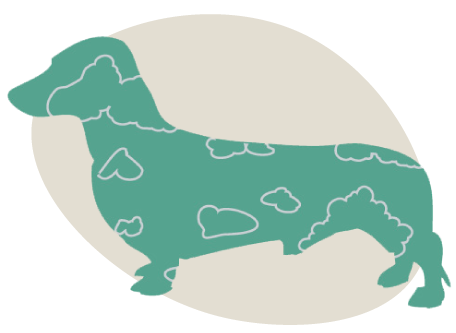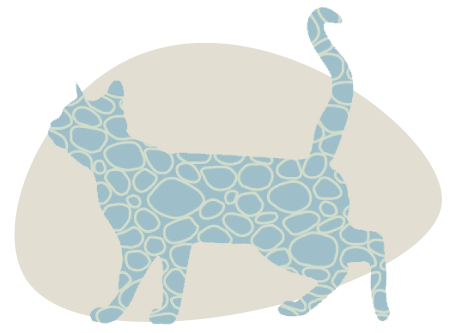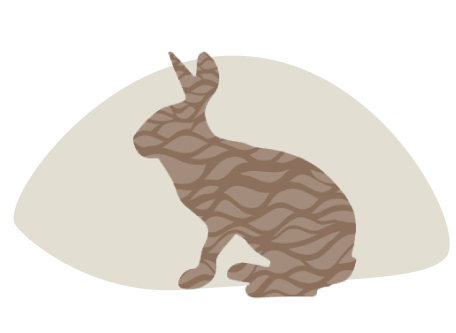Rabbit Neutering
With animal charities dealing with hundreds of thousands of unwanted pets each year, and the lifetime cost of looking after a rabbit estimated by the RSPCA to be in the region of £1,500, responsible owners know that it makes sense to avoid unwanted pregnancies. The stereotypical propensity of rabbits to breed rapidly is all too true, and given that as sociable animals it is advisable not to keep rabbits alone, housing un-neutered rabbits together can all too easily result in more than a few surprises!
Unless you are specifically planning to breed from your rabbit, we therefore recommend that you have him / her neutered (removing the reproductive organs).
In males the procedure is called ‘castration’ – we remove the testicles and the spermatic cord so that your rabbit cannot father any offspring. Castration also removes the risk of testicular cancer. The testicles are the main producer of the hormone testosterone, which can influence behaviour. By removing them, the level of testosterone in the blood is reduced, which should reduce dominant behaviour such as fighting and spraying.
In females the procedure is called ‘spaying’. We remove the ovaries and the womb (the uterus) so the female can’t produce any eggs, come into season or become pregnant. It is thought that up to 80% of unspayed female rabbits over the age of 5 years will develop uterine cancer, so even if she doesn’t have a boyfriend, we would still strongly advise to spay your female bunny.
Both spaying and castration are routine procedures and we carry out hundreds of them every year. Most rabbits go home the same day and we then see them two to three days later to ensure that the incision is healing well.



